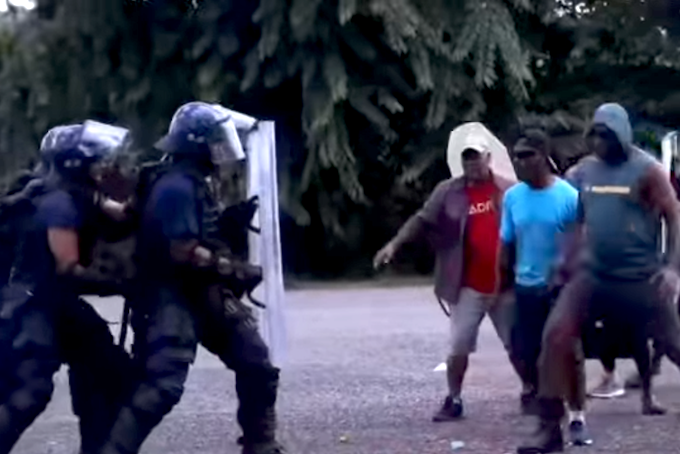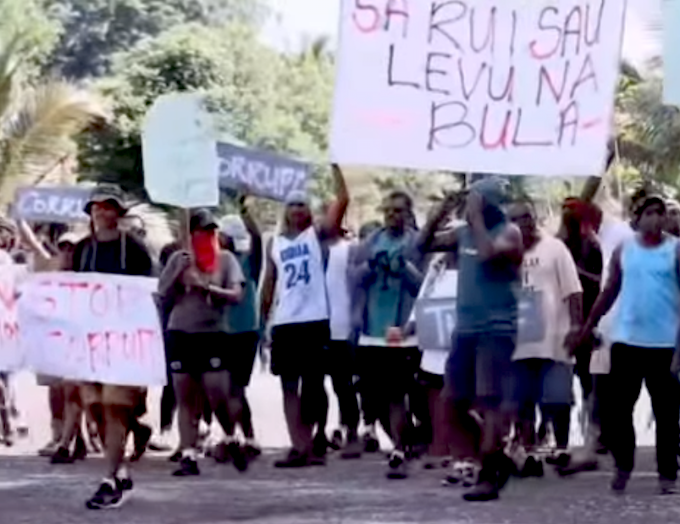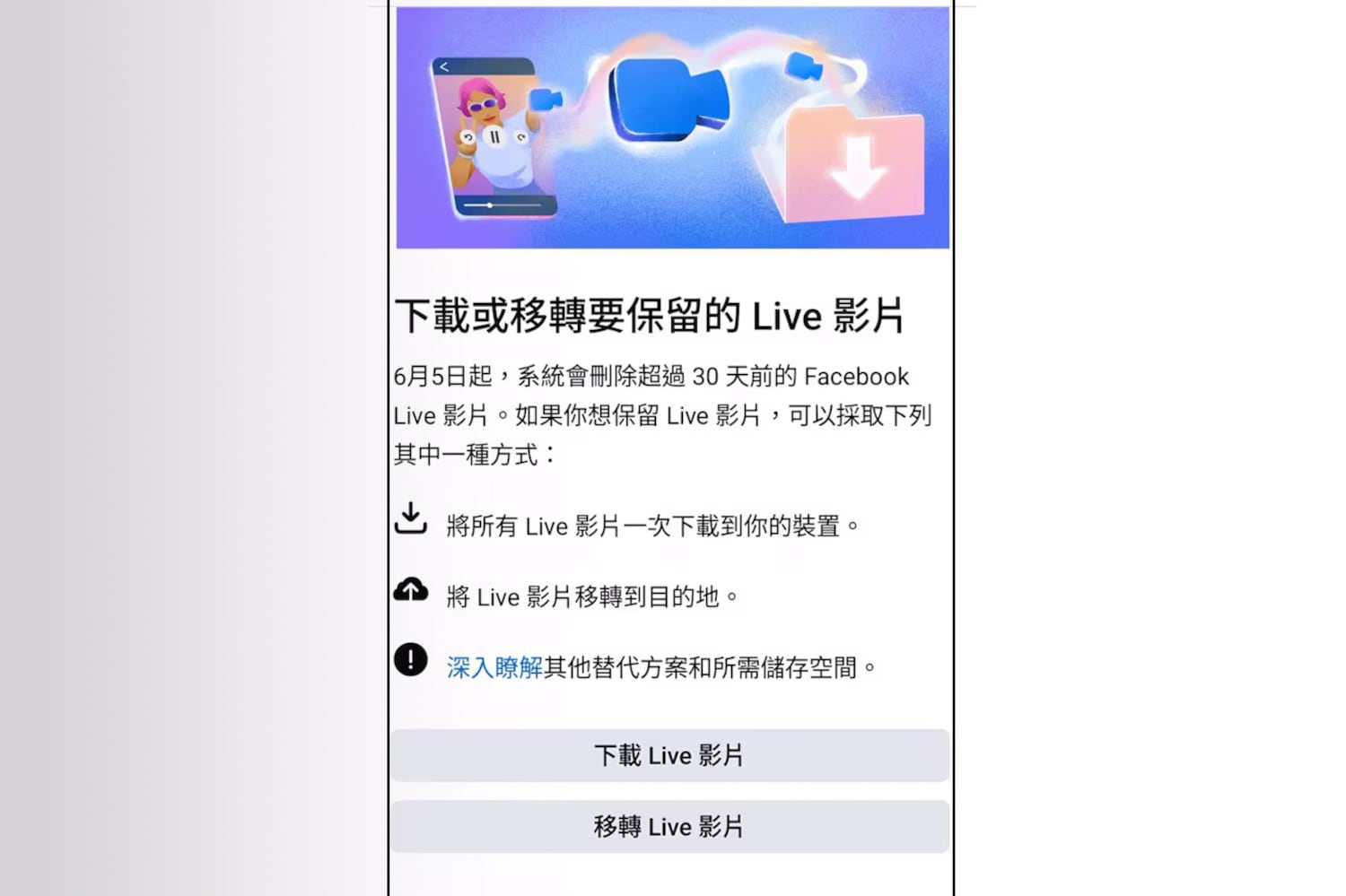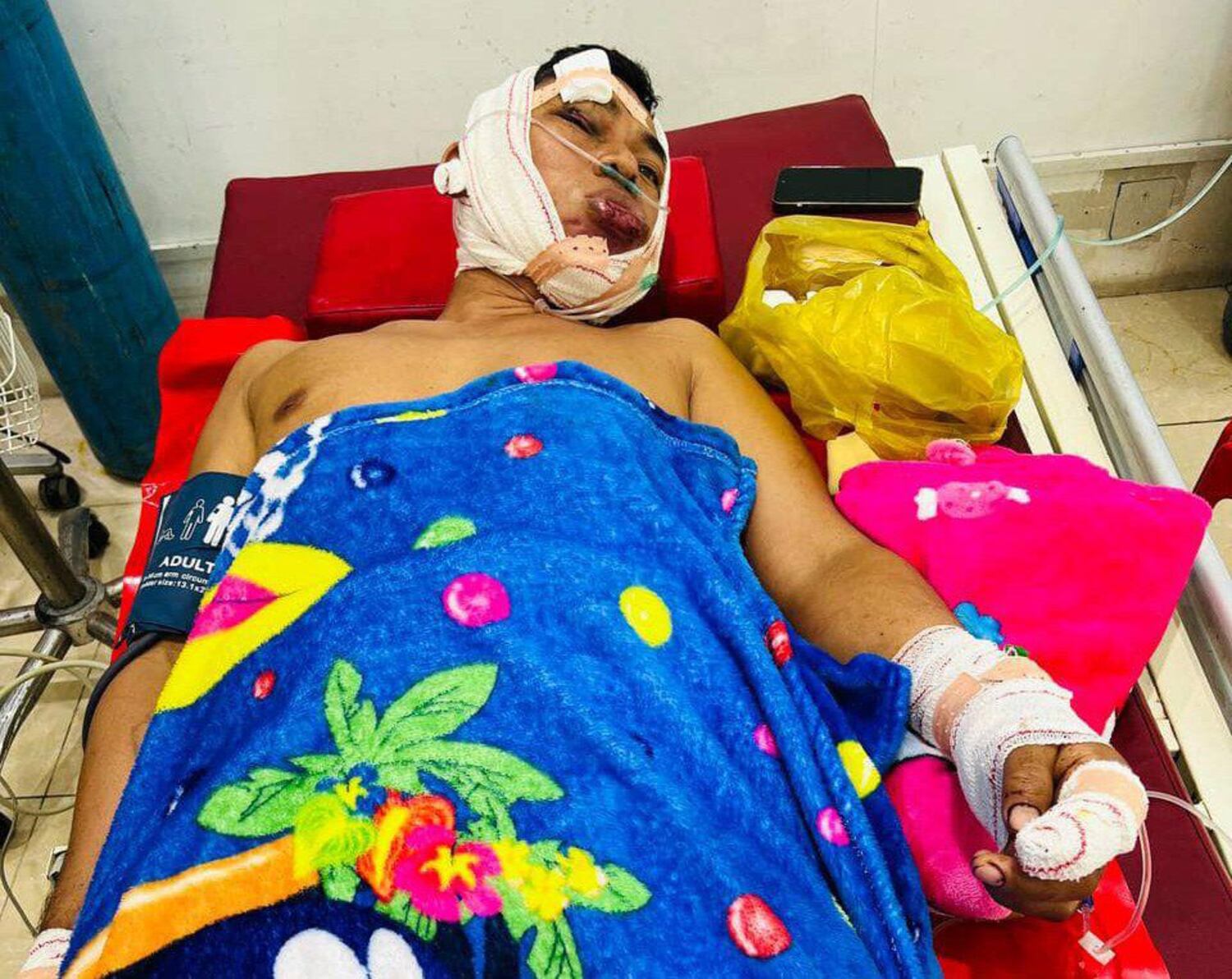
On 23 April 2025 Front Line Defenders expressed its serious concern for Syrian woman human right defender Hiba Ezzideen Al-Hajji, as well as her family and the ‘Equity and Empowerment’ organisation, who are being targeted by a defamation campaign on Facebook which seeks to incite violence against them. The online campaign, initiated both by individuals known to support the new government and unknown users, has targeted Hiba Ezzideen Al-Hajii for a Facebook post she made on 20 April 2025, in which she advocated against forced marriages. This bombardment of defamatory messages has included calls for violence, including death threats, constituting a clear case of harassment.
Hiba Ezzideen Al-Hajji is a Syrian feminist and woman human rights defender. She is the CEO of the Equity and Empowerment organisation and the Chairperson of the Board of Directors in Shan network for peace building. Equity and Empowerment is a women-led organisation which works on gender equality, focusing on digital security, economic and political empowerment. [see also: https://humanrightsdefenders.blog/2023/08/10/syrian-woman-human-rights-defender-hiba-ezzideen-al-hajji-threatened/]
Since 20 April 2025, Hiba Ezzideen Al-Hajii’s Facebook account, through which she posted about women’s rights, has been used to start a defamation campaign and incite violence against her, as well as her family and the Equity and Empowerment organisation, both based in Idlib, Syria. The online campaign has led to Hiba Ezzideen Al-Hajii receiving numerous death threats on the social media platform, both through private messages and through a flood of posts on her own account, as well as on Equity and Empowerment’s page. The online mob, formed by unknown users, have urged followers to post defamatory content against her online and called for physical violence, inciting people to burn down the center of Equity and Empowerment in Idlib, with the objective of killing Hiba Ezzideen Al-Hajii and harming her family. They have distorted the meaning of an old video, in which she stated that it is unnecessary to use the veil in the centers of Equity and Empowerment where there are only women, to falsely accuse her of insulting the Hijab and Islam. The online mob have also attempted to distort her Facebook post in which she urged authorities to investigate cases of women’s abduction, in order to allow for accountability.
Several public figures have taken advantage of this defamation campaign in order to falsely accuse the woman rights defender of being an agent to Assad security branches, despite her clear stands against the Assad regime and extensive record of human rights activism against it. Subsequently, on 22 April, the police in Idlib closed down the center of Equity and Empowerment. Furthermore, the governor of Idlib announced via Facebook that he has requested the public prosecutor to file a lawsuit against Hiba Ezzideen Al-Hajii for insulting the hijab. The woman human rights defender has expressed a profound concern for her personal safety and well-being. She has reported fearing for her life, as well as the lives of her family and team at Equity and Empowerment.
Front Line Defenders condemns the defamation and online campaign seeking to incite violence, as well as subsequent acts of intimidation against woman human rights defender Hiba Ezzideen Al-Hajii, her family and her organisation Equity and Empowerment. Front Line Defenders believes that the defamation campaign and online harassment is directly related to Hiba Ezzideen Al-Hajji’s work in the defence of human rights, particularly her work towards the promotion of women’s rights in Syria.
Front Line Defenders also expresses concern with the recurrent use of Facebook as a tool to incite violence against woman human rights defenders in Syria. The organisation urges Meta to immediately take down all Facebook posts against woman human rights defender Hiba Ezzideen Al-Hajii and her organisation Equity and Empowerment, suspend any groups, pages and profiles used to defame her or organise attacks and incite violence against her and her organisation, while also storing data that is relevant for future investigations and accountability. Meta must fulfill their responsibility to protect human rights, in accordance with international human rights standards. They must take the necessary steps to guarantee the safety of human rights defenders online, ensuring their platforms do not contribute to violent and dangerous campaigns, or allow users to incite targeted violence against defenders, particularly woman human rights defenders, which puts their lives at serious risk. Front Line Defenders stands ready to assist Meta with identifying the defamatory and violent content in question and the accounts on which they are hosted or shared.
This post was originally published on Hans Thoolen on Human Rights Defenders and their awards.





